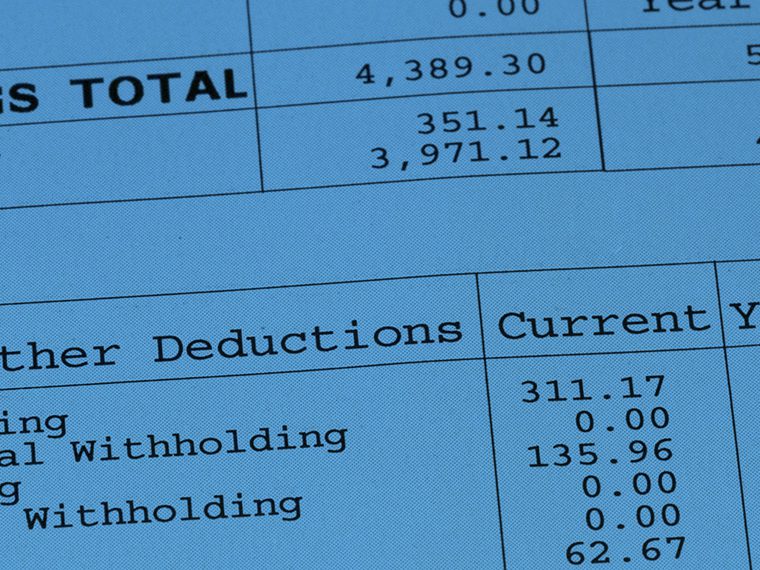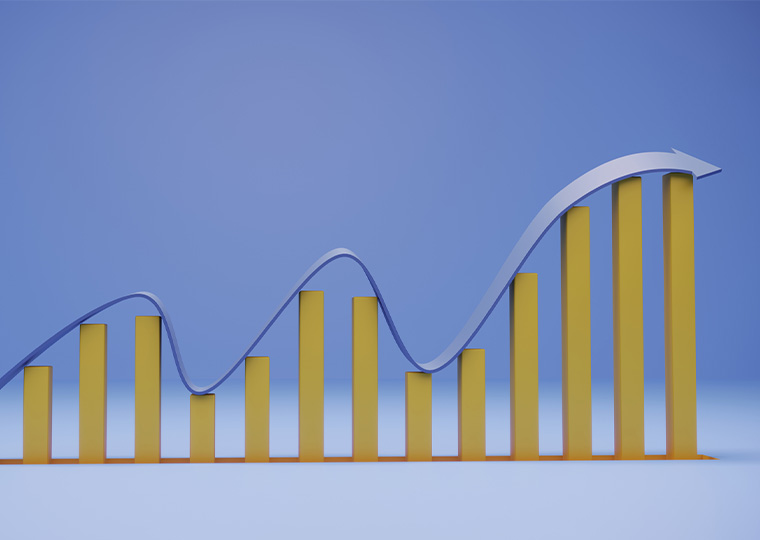Investors in leveraged companies take on extra risk, but research indicates they see no offsetting return
One of the basic precepts of investing is that taking more risk should result in higher returns overall. Otherwise, what’s the point of taking greater chances with your money?
But new research from UCLA Anderson’s Ivo Welch suggests a glaring exception to that paradigm, potentially presenting a challenge to the reasoning behind fundamental investing.
About two years ago, Welch became interested in new ways to test how markets price assets. He chose to focus on the effect on stock returns of a central building block of corporate balance sheets: leverage, usually meaning a company’s level of debt compared with its equity capital.
Opt In to the Review Monthly Email Update.
In a working paper, Welch notes that accepted wisdom has been that “every risky asset should become riskier with more leverage,” all else being equal. “In turn, leverage should amplify any expected return differences” among individual stocks. Greater risk, greater return.
Welch’s study looked at corporate leverage changes and resulting stock returns for all but the tiniest publicly traded U.S. companies from 1963 to 2016. As he expected, he found that rising leverage resulted in higher stock volatility. That is, more risk.
But the second finding was a surprise: “After increases in corporate leverage, average stock returns have decreased,” Welch writes in the paper.
In his test of stock returns he defines leverage in three ways: a company’s cash level relative to assets; its net debt to the total of net debt plus equity; and its total liabilities relative to assets. Welch divided companies into quartiles based on their degree of leverage. He found that stock returns for the most leverage-increasing companies underperformed the stock returns for the most leverage-decreasing companies by about 2 percentage points overall, measured in the first year following the leverage changes.
The results beg the question: Why would investors continue to be attracted to stocks of high-leverage companies if they weren’t earning returns to compensate for the higher risk?
Welch suggests two possible explanations. “The paradigm would suggest that there are some unknown desirable aspects of these stocks that investors value greatly and that compensate them enough to overcome the effects of both higher leverage and volatility risk.” The other explanation takes an “imperfect-market” perspective, Welch writes. “It would suggest that investors are too eager to hold leverage-increasing stocks, and/or are not sufficiently aware of ex-post average return patterns.”
The study could have implications for corporate finance. “If leverage does not causally induce commensurate increases in required reward, firms face different capital-structure tradeoffs,” according to Welch. All else being equal, companies should take on even more debt, because investors appear willing to put up with a greater threat to their equity.
Featured Faculty
-
Ivo Welch
Distinguished Professor of Finance; J. Fred Weston Chair in Finance
About the Research
Welch, I. (2017). Leverage- and cash-based tests of risk and reward with improved identification.






